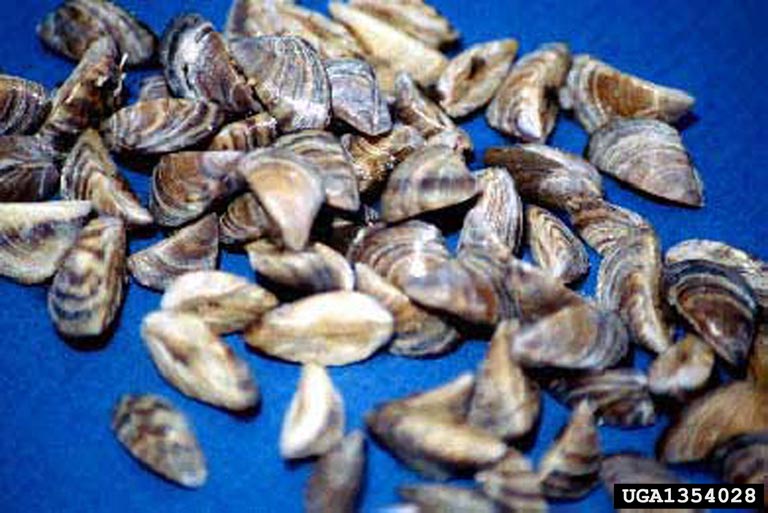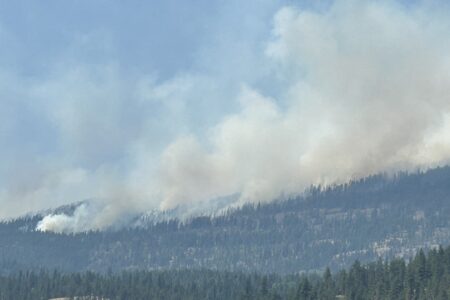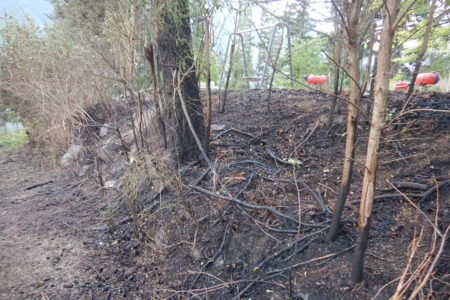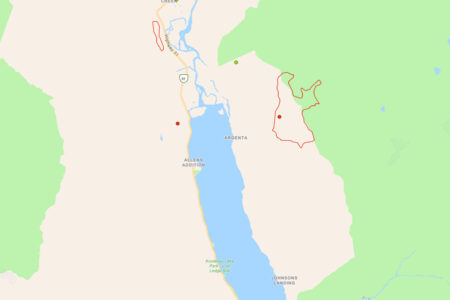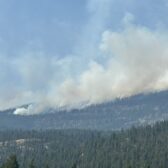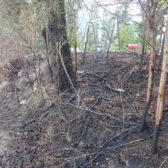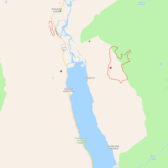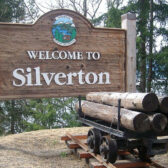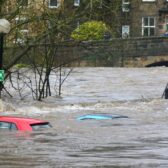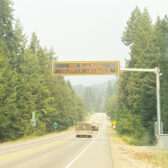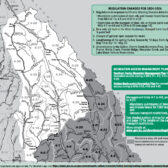Keep it clean: 10 local water bodies declared invasive species free
A clean bill of health has been issued for Kootenay Lake and nine other lakes in the region, says a local environmental group.
The Central Kootenay Invasive Species Society (CKISS) said that — as a result of sampling in late summer to fall — 10 waterbodies in the Central Kootenay region are still free of the invasive zebra and quagga mussels.
Now in its eleventh year for clean waters, CKISS collected 267 samples from local lakes and rivers. including Upper and Lower Arrow, Kootenay, Duncan, Slocan, Summit, and Whatshan lakes, as well as the Columbia, Kootenay, and Slocan rivers.
The samples were analyzed at a B.C. Government designated lab, with all results testing negative for the presence of zebra and quagga mussels.
“The significance of this result cannot be overstated, as invasive mussels, once established in a waterbody, become virtually impossible to eradicate,” noted CKISS’ education program coordinator Laurie Frankcom in a press release. “CKISS remains steadfast in its commitment to preserving the ecological balance and natural beauty of the Central Kootenay region through continuous lake monitoring and outreach activities.”
Frankcom said the threat of zebra and quagga mussels (dreissena polymorpha and dreissena rostriformis bugenis) carries the potential of major impacts on the environment, economy and “social fabric” of the Kootenay region.
And the threat is real, Frankcom said, since invasive mussels can displace native aquatic plants and wildlife, leading to a reduction in biodiversity and ecosystem health.
“Furthermore, they can transform once pristine beaches into unsightly landscapes, covered in foul-smelling, razor-sharp shells, disrupting summer activities,” Frankcom said.
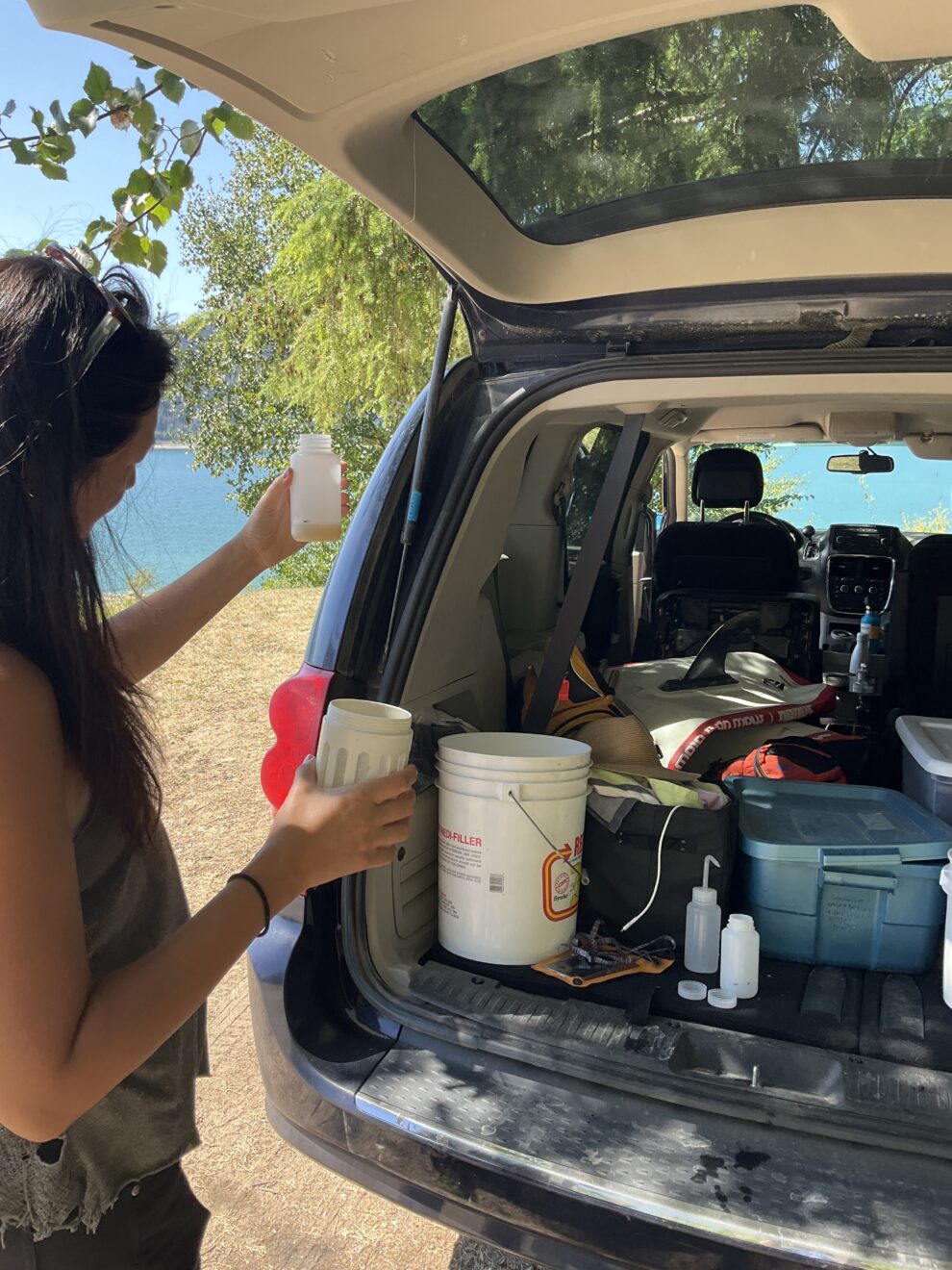
Laurie Carr, CKISS development coordinator, actively taking water samples on Arrow Lakes — submitted photo.
Keep it clean
Zebra and quagga mussels possess characteristics that make them particularly challenging to control, said Frankcom.
“Their ability to attach to hard surfaces and survive for extended periods out of the water increases the risk of spreading between waterbodies,” she said.
Preventive measures are a key part of keeping the local waters clean, with watercraft users still being asked to clean, drain and dry boats and equipment when moving between waterbodies.
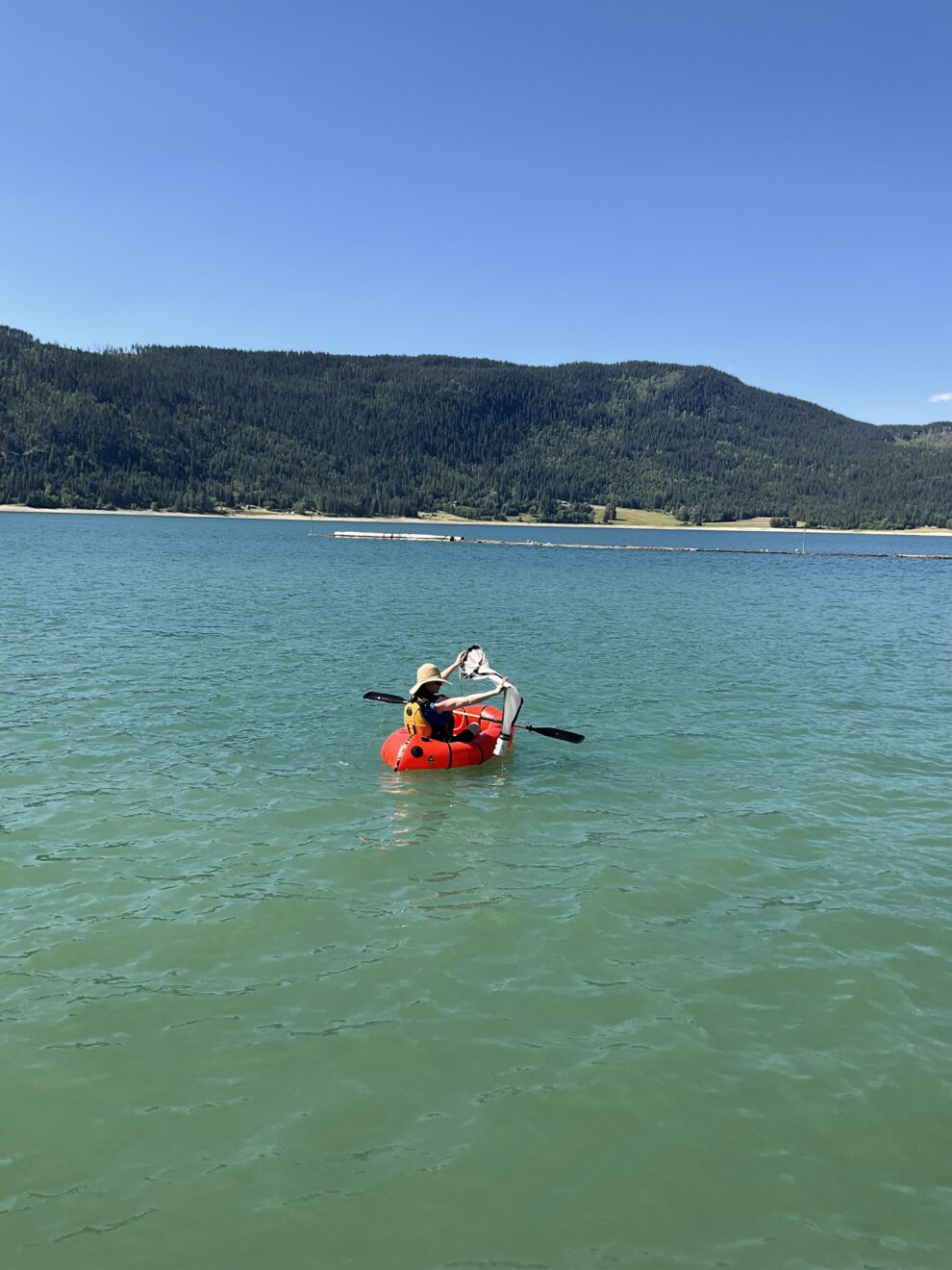
Laurie Carr, CKISS development coordinator, on Arrow Lakes collecting samples — submitted photo.
Further defence
All people bringing motorized or non-motorized watercraft into British Columbia should contact the B.C. Invasive Mussel Defence Program.
“This proactive step will help determine if a boat is high risk and should undergo inspection and potential decontamination before accessing B.C.’s lakes and rivers,” said Frankcom.
More information about the B.C. Invasive Mussel Defence Program can be found at www.gov.bc.ca/invasivemussels.
In the face of this persistent threat, the CKISS remains dedicated to safeguarding Kootenay waterbodies and encourages public cooperation in the ongoing battle against invasive mussels.



